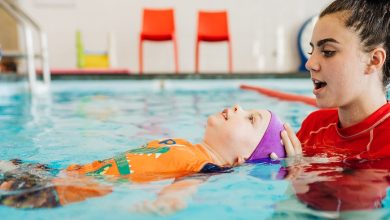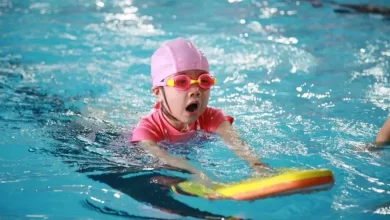How to Go to University with Functional Skills

You may be wondering if it is possible to go to university with functional skills. The answer is yes! In fact, many students choose this route every year. Functional skills are important for any student looking to further their education. In this blog post, we will discuss the benefits of having functional skills and how you can obtain them. We will also provide a few tips on how to succeed in university with functional skills!
What are the Functional Skills?
Functional Skills are qualifications that show you have the practical skills to do a job. They’re designed to give employers confidence that you can use Maths, English and ICT in everyday work tasks. Functional Skills are available at Levels
One and Two, with Level Two being equivalent to a GCSE grade C or above. If you’ve already got good GCSE grades, you might not need to take Functional Skills – but it depends on your employer.
Functional Skills qualifications aren’t just for people who didn’t do well at school. They can be useful for anyone who wants to improve their Maths, English or ICT skills, or show they’re up-to-date with the latest technology. They can also be a stepping stone to further study, such as an Apprenticeship or NVQ.
What are the Benefits of Functional Skills?
Functional skills are important for many reasons. They can help individuals to become more independent, confident and successful in life. They can also help to improve employment prospects and also get into university for higher education.
There are many different types of functional skills, including literacy, numeracy, ICT and communication. Each one is important in its own way and can offer unique benefits.
Functional skills can help people to:
- Develop essential life skills
- Boost confidence and self-esteem
- Achieve their goals
- Overcome barriers to learning
- Improve employability prospects
- Earn more money.
Developing functional skills can be a great way to improve your overall well-being and quality of life. If you want to learn more about functional skills or how they can benefit you, get in touch with a local training provider today by searching online, functional skills english level 2 near me.
How to Get into University with Functional Skills?
If you have functional skills, you may be wondering how you can get into university. The good news is that there are a few options available to you.
One option is to take a foundation degree. A foundation degree is a two-year course that’s equivalent to the first year of a three-year bachelor’s degree. Foundation degrees are offered at many universities in the UK, and they’re designed for students who don’t have the traditional qualifications needed to enter university.
Another option is to take an access course. Access courses are one-year courses that are designed for adults who want to return to education but don’t have the traditional qualifications needed for university entry. Many universities offer access courses, and they’ll often give you credit for the modules you complete, which can count towards a degree.
If you want to study a particular subject but don’t have the traditional qualifications needed for university entry, another option is to take an undergraduate diploma. Undergraduate diplomas are one- or two-year courses that are designed to give you the skills and knowledge you need to enter university. Many universities offer undergraduate diplomas, and they’ll often give you credit for the modules you complete, which can count towards a degree.
So, if you have functional skills, there are a few options available to you if you want to get into university. Foundation degrees, access courses, and undergraduate diplomas are all good options to consider. Talk to your local university about the options available to you and see which one is the best fit for your needs.
How to Obtain Functional Skills?
If you want to improve your functional skills, there are a few avenues you can explore. You can take classes at a local community college or online, find free resources online, or even create your own opportunities to practice. No matter which route you choose, the important thing is that you put in the effort and stay consistent. With some time and practice, you’ll be surprised at how much your skills will improve.
One way to obtain Functional Skills is by taking classes at a local community college or online. Many times these types of courses are very affordable and can be taken at your convenience. They also offer a great way to meet other people who want to improve their functional skills as well.
Another option for obtaining functional skills is to find free resources online. There are many websites and blogs that offer helpful tips and tricks for improving your skills. You can also check out online courses like functional skills maths level 2 course for obtaining functional skills.
Whichever route you decide to take, remember that the important thing is that you put in the effort and stay consistent. With some time and practice, you’ll be surprised at how much your skills will improve. So don’t give up – keep learning and growing, and soon you’ll be an expert at functional skills!
How to Improve Functional Skills?
If you want to improve your functional skills, there are a few things you can do. First, take some time to assess what areas you need to work on. This will help you focus your efforts and make the most of your time. Next, find resources that can help you in each area.
There are many online and offline resources available, so there is no excuse not to get started. Finally, practice as much as possible. The more you use your functional skills, the better they will become. Keep these tips in mind and you will be well on your way to improving your functional skills!
Conclusion
Now that you know a little more about the different types of functional skills qualifications, hopefully you can start to see how they could fit into your university plans. Each type of qualification has its own benefits and drawbacks, so it’s important to do your research before making any decisions. There are plenty of resources out there to help make the process easier. Thanks for reading.




